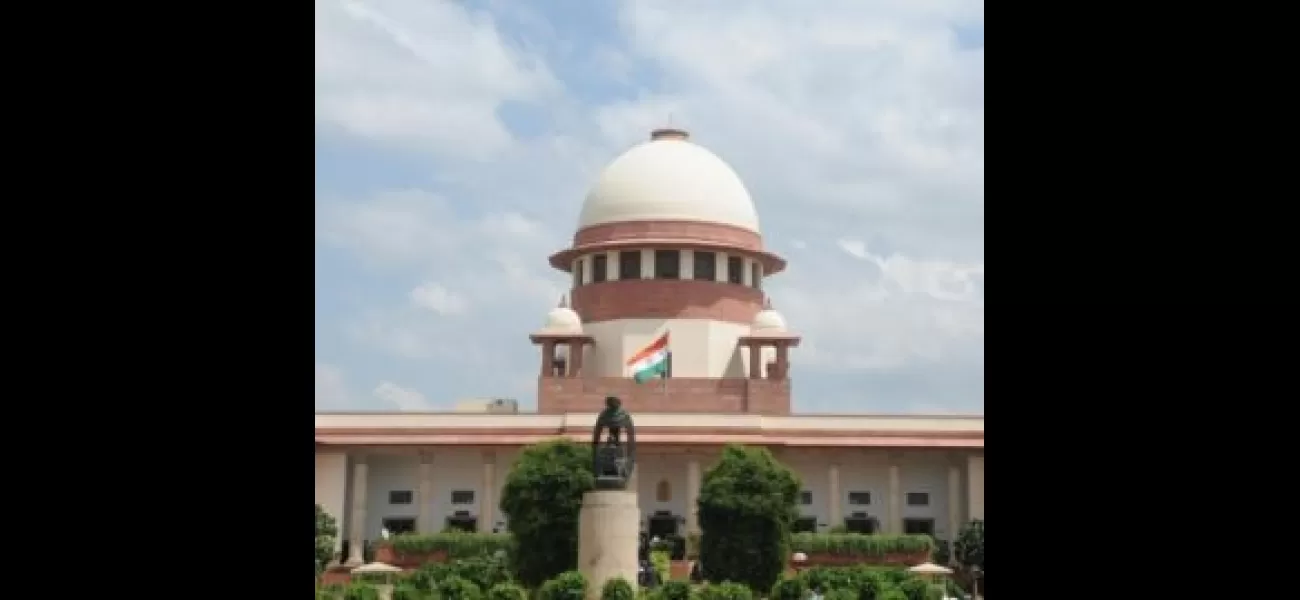The Supreme Court has ruled that the Enforcement Directorate cannot arrest those accused under the PMLA after a special court has taken notice.
Supreme Court rules that ED cannot arrest under PMLA Section 19 after special court takes cognisance of money laundering complaint.
May 16th 2024.

In a recent ruling, the Supreme Court of India declared that the Enforcement Directorate (ED) does not have the power to arrest a suspect under Section 19 of the Prevention of Money Laundering Act, if a special court has already taken notice of the money laundering complaint. This decision was made by a bench of Justices Abhay S Oka and Ujjal Bhuyan, who stated that if the accused appears in court after being summoned, the ED must seek permission from the court in order to take them into custody.
The Court clarified that if a suspect voluntarily appears in court after receiving a summons, it cannot be considered as being in custody. Therefore, the accused is not required to apply for bail, and the two conditions outlined in Section 45 of PMLA do not apply in this situation. These conditions state that before granting bail in a money laundering case, the court must first allow the public prosecutor to present their case and only then can bail be granted if the accused is not guilty and is not likely to commit a similar offence if released.
This ruling by the apex court was based on the question of whether the strict conditions for bail, as outlined in Section 45, must be met even in cases where the special court has taken cognisance of the offence. This decision was made in response to a case brought before the Court by the Press Trust of India (PTI).
In conclusion, the Supreme Court has clarified that the ED cannot arrest a suspect under Section 19 of PMLA if they appear in court after being summoned. This ruling will have a significant impact on future money laundering cases, as it will prevent the ED from taking suspects into custody without the court's permission.
The Court clarified that if a suspect voluntarily appears in court after receiving a summons, it cannot be considered as being in custody. Therefore, the accused is not required to apply for bail, and the two conditions outlined in Section 45 of PMLA do not apply in this situation. These conditions state that before granting bail in a money laundering case, the court must first allow the public prosecutor to present their case and only then can bail be granted if the accused is not guilty and is not likely to commit a similar offence if released.
This ruling by the apex court was based on the question of whether the strict conditions for bail, as outlined in Section 45, must be met even in cases where the special court has taken cognisance of the offence. This decision was made in response to a case brought before the Court by the Press Trust of India (PTI).
In conclusion, the Supreme Court has clarified that the ED cannot arrest a suspect under Section 19 of PMLA if they appear in court after being summoned. This ruling will have a significant impact on future money laundering cases, as it will prevent the ED from taking suspects into custody without the court's permission.
[This article has been trending online recently and has been generated with AI. Your feed is customized.]
[Generative AI is experimental.]
0
0
Submit Comment





